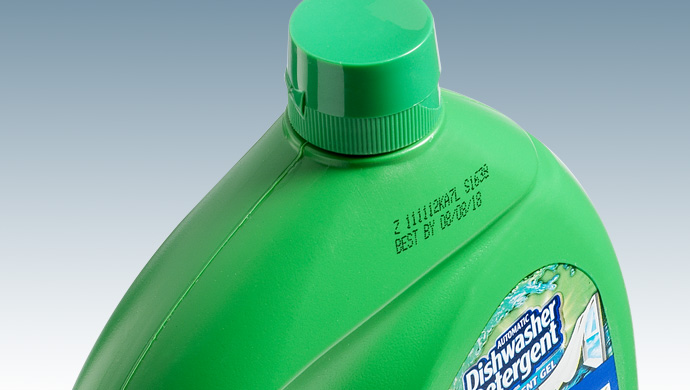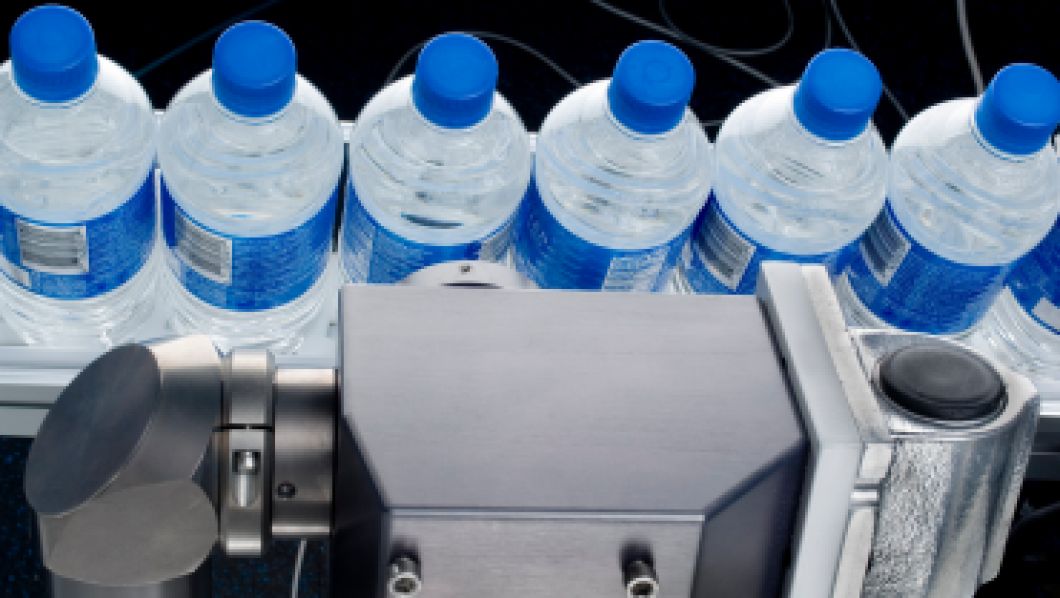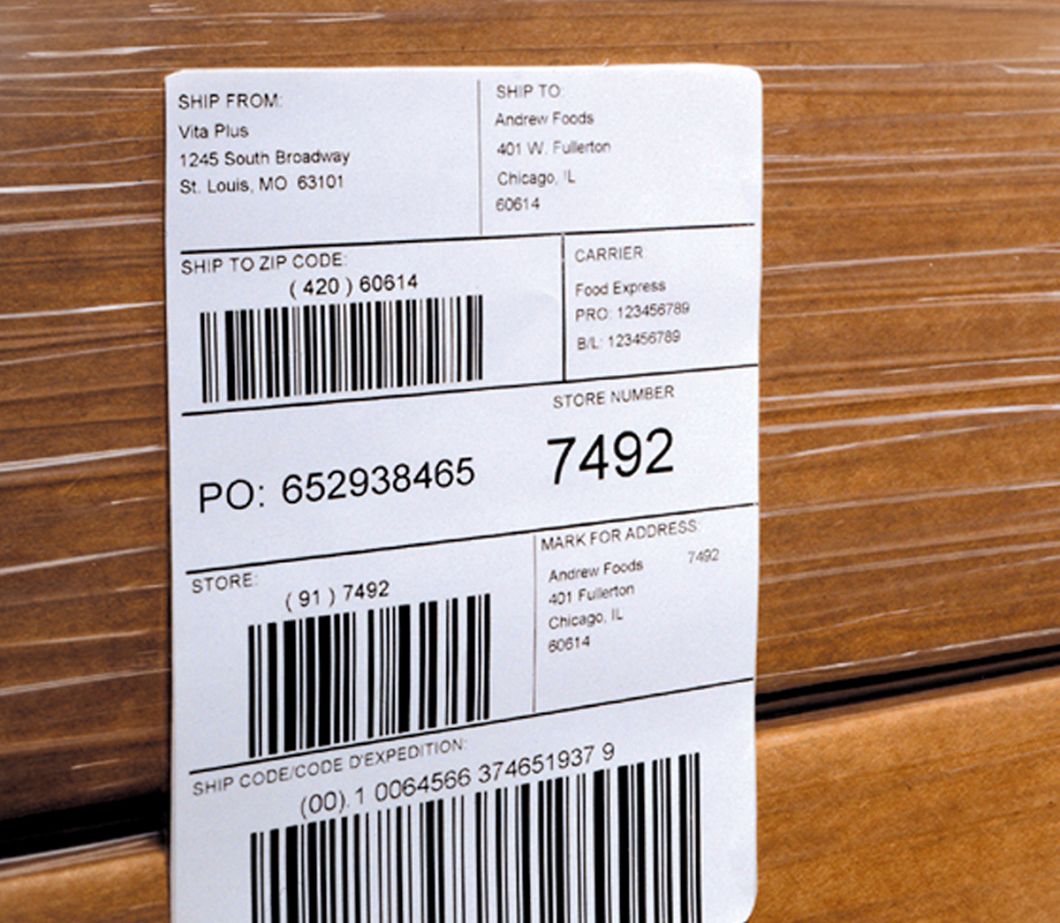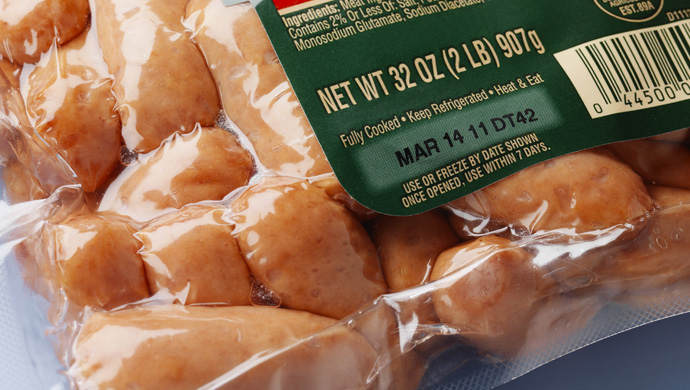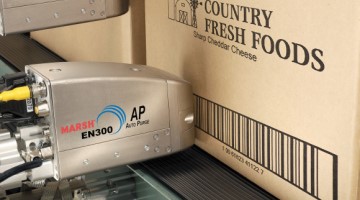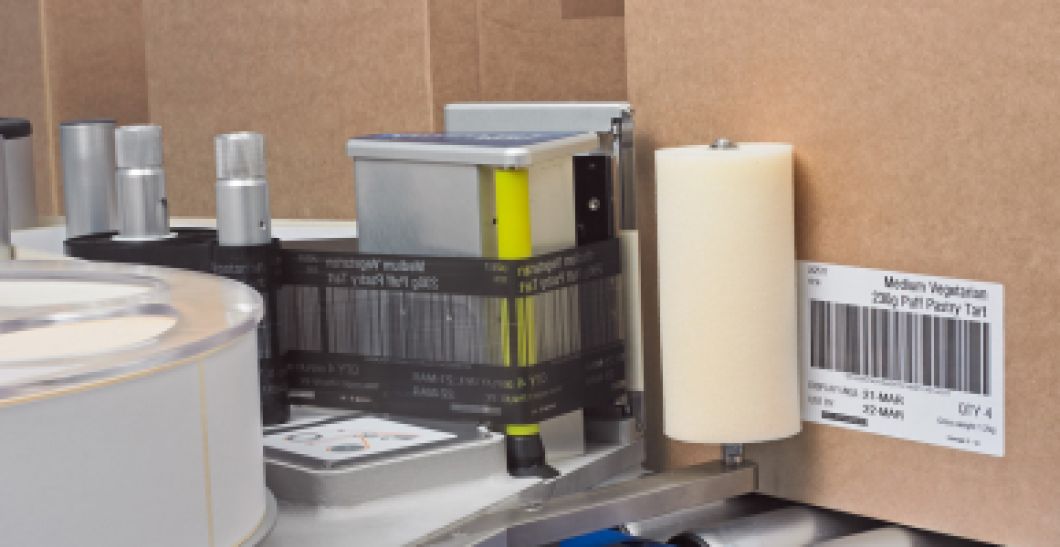Shrink wrap and shrink sleeve labels are designed to be placed around round containers such as bottles and jars and then shrunk using heat to conform closely to the containers’ shapes. The 360° configuration of the labels provides more space for branding and colorful graphics than typical applied labels, and the result is increased shelf impact.
A shrink wrap label is designed to cover the main body of a container, whereas shrink sleeves cover the entire container from just below the neck threads to the container foot. Shrink labels, in general, tend to cost more than less extensive types of labels, but they add value by improving a packaged product’s shelf appeal. Full body shrink sleeves can also decrease packagers’ container costs; since the sleeve label completely covers the package, the packager can use a less costly generic container.
Shrink wrap and shrink sleeve labels are made from films that are durable and waterproof, ensuring that the labeling remains undamaged during shipping and handling. Graphics are printed on the inside surface of the transparent label, protecting the image from abrasion or moisture damage. Codes and other markings, however, are added to the outer surface of the label after application by thermo transfer overprinters as packages move along the production line. Since they are not adhered to the container surface, shrink labels can also be removed cleanly after product use, allowing the container to be recycled or reused.
Shrink labels are printed, cut and seamed with a small amount of adhesive before application to create the wrap or full-body sleeve. On the production line, the labels are dropped into place on filled containers, which then pass through a heat tunnel to shrink the labels into place. Shrinking equipment may include radiant heat tunnels, hot air tunnels, steam tunnels or hybrid tunnels (combining heat and steam). Many packagers prefersteam tunnels because they use less energy to run, produce better results and are easier to configure. Steam tunnels also use relatively low temperatures (usually between 170-180 degrees) that make them safe for most filled food or beverage containers to pass through.
Learn more about Videojet’s industrial coding and marking solutions for labeling on shrink and stretch wrap.
Related Articles
Categories
Contact Us
For Sales Enquiries please call us free on: +44 1480 443205
For the main switchboard please call:
+44 (1480) 443160
Press 1 for Equipment Sales
Press 2 for Service, Support, Parts & Consumables
For other departments please use the auto attendant
Join Thousands of Industry Professionals!
Subscribe to our newsletter and stay up-to-date with the latest news, trends, and innovations in the Coding and Marking industry.

